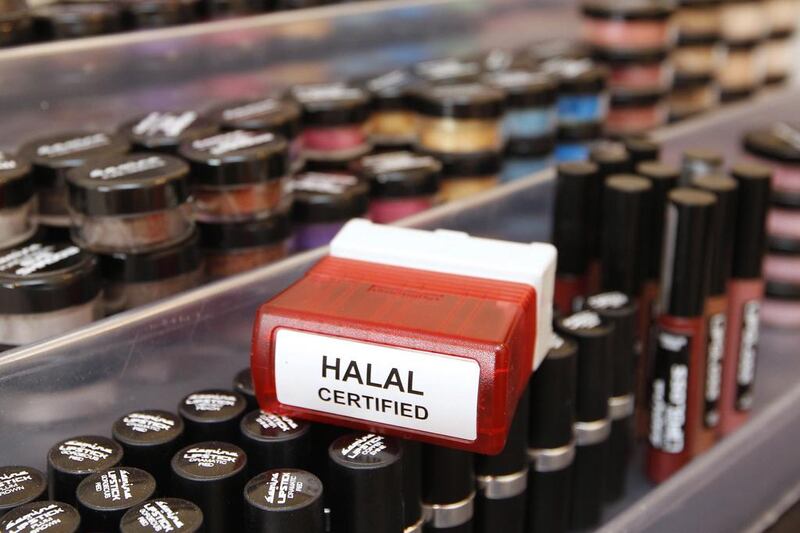These are heady days for the Islamic economy – from Tayyab foods to sukuk issuance, halal industries are experiencing double-digit growth, a new report from Thomson Reuters and DinarStandard says.
The UAE has the second-most developed Islamic industries after Malaysia, according to the report, which was released yesterday. Dubai aims to be the capital of the global Islamic economy by 2016.
The UAE leads Malaysia in cosmetics and fashion but trails in finance, food, pharmaceuticals and travel excluding the Hajj and Ummrah, the report said. Malaysia has a Muslim population of approximately 17 million.
“Overall, the opportunity to create quality-driven, profitable, regional consumer and lifestyle brands has huge promise and is quite visible,” said Abdulla Al Awar, the chief executive of the Dubai Islamic Economy Development Centre.
Spending on Islamic consumer goods is set to reach US$3.7 trillion by 2019, the report said, growing at 10.8 per cent annually from $2tn last year.
Islamic assets hit $1.66tn in 2013, as Sharia-compliant funds expanded by 15 per cent and sukuk issuance grew by 11 per cent. The report estimates that up to $4.2tn of Islamic assets could be available to investors by 2014.
“In halal foods, there are investment opportunities across the value chain and in the SME sector, which [has significant] Islamic financing and trade financing needs,” Mr Al Awar said.
For Islamic finance, there are particular opportunities in “socially responsible investment funds, as well as wider impact investment and entrepreneur financing in emerging areas, and especially Indonesia, Tunisia, Azerbaijan and Morocco,” he added.
High economic and demographic growth rates, combined with the increasing penetration of Islamic industries in Muslim populations, mean that the Islamic economy can expect to maintain its high growth rates for many years, the report said.
A growth in sovereign sukuk issuance, with the United Kingdom, Luxembourg and South Africa issuing Sharia-compliant instruments in 2013, is likely to be a boon to the sector. Sovereign fixed-income issues are usually less risky and larger in value than corporate issues.
The report added that growing demand for ethical finance in the wake of the 2008 financial crisis is helping the sector to grow.
“The global financial crisis generated greater awareness worldwide for the advantages of long-term funding options,” Essa Kazim, governor of the Dubai International Financial Centre, said in the report.
“Investors around the world decided to diversify their portfolios and invest in credit that they would not otherwise have access to.”
The world’s Muslim population is expected to rise from 1.7 billion in 2014 to 2.2 billion by 2030, according to the Pew Research centre, an American think tank.
But the lack of standardisation of Islamic products is slowing the halal economy’s development, yesterday’s report said.
Scholarly disagreements about which assets are Sharia-compliant mean that Islamic financial products traded in one region may be deemed unsuitable in another.
Many Sharia-compliant financial products have bespoke structures and are sold over the counter. This limits the number of total buyers.
Islamic retail banking is yet to take off in large markets including Pakistan, Indonesia and Turkey, where penetration rates in Muslim populations are low, the report said.
Political instability in parts of the Middle East and the rise of ISIL in Syri and Iraq have also had an impact, the report said. “The Islamic extremist militancy has put a dent in global positioning and branding of Islamic economy sectors,” it said.
abouyamourn@thenational.ae
Follow The National's Business section on Twitter





